A high pulse at low pressure may indicate poor oxygen saturation of cells. Moreover, this condition is characterized by concomitant features of both a physiological nature and pathological. This phenomenon is noted in many people. But not everyone knows that a high pulse at low pressure indicates a violation of the heart and circulatory system. Read about the causes and treatment of a high pulse for low pressure in our article today.
Content
- The pressure is low, the pulse is high: what does it mean
- High pulse at low pressure: Symptoms
- Low pressure and high pulse: Reasons
- High pressure with low pulse in the elderly
- Rapid pulse at low pressure in adolescents
- High pulse at low pressure during pregnancy
- Low pressure with a high pulse: what to do
- Low pressure and high pulse: what to drink at home
- Low pressure and high pulse: treatment
- Drugs at low pressure and high pulse
- High pulse at low pressure. Video
The pressure is low, the pulse is high: what does it mean
You can independently evaluate the functioning of the heart and blood system according to two indicators: heart rate and blood pressure rate. Deviations of these criteria from medical norms may indicate serious disorders in the body and serve as a symptom of certain diseases. In medical practice, a phenomenon as low pressure with a high pulse is often found.
Tachycardia can occur with strong physical or emotional stress. At the same time, this condition does not promise danger and passes on its own. Another thing is if, with an accelerated heartbeat, low blood pressure is observed. This manifestation indicates a violation of the heart. At the same time, the heart muscle distiliates the blood at an accelerated pace and small volume. Such hypotension does not allow the body's cells to be saturated with oxygen and function in full force. If the condition lasts a long time, oxygen starvation begins. At the same time, the brain signals the heart to pump blood even faster in order to balance the oxygen balance. A frequent pulse at low pressure has both physiological and pathological causes. Read about them below.
High pulse at low pressure: Symptoms
Even without measuring devices, you can “consider” a high pulse at low pressure. Most often, a person begins to hear the knock of the heart and can even without touching the signal points count the number of strokes. This condition causes certain symptoms. Among them:
- dizziness;
- drowsiness;
- noise in the head;
- lethargy;
- darkness in the eyes;
- pulsating headache;
- decrease in performance;
- absent -mindedness;
- bad perception;
- memory deterioration;
- dyspnea;
- low body temperature;
- trembling in the body;
- strong increase in the pulse;
- nausea;
- pain in the chest;
- vomit.
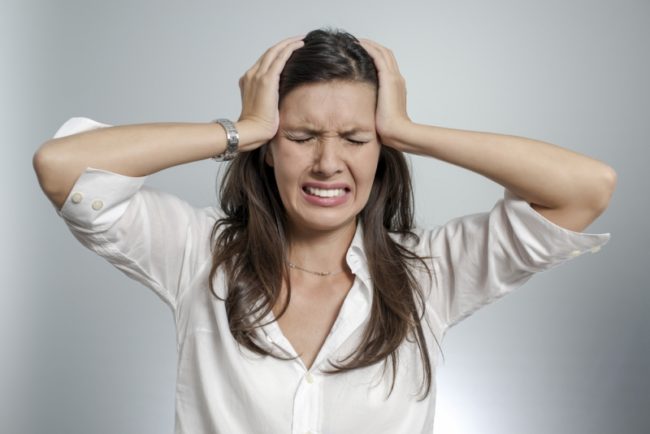
In addition, with a significant decrease in blood pressure, a violation of the blood supply to the heart and brain occurs. Weakness can reach loss of consciousness. At the same time, the body tries to “reboot”. Unfortunately, the reboot occurs in very rare cases, and the symptoms progress at even greater speed.
Low pressure and high pulse: Reasons
In many people, low blood pressure combines with a high pulse. Such a combination does not always pose a danger. However, in some cases, a high pulse at low pressure carries a direct danger to health and even the life of the patient. Depending on the reasons, you need to navigate whether it is worth sounding the alarm or this condition is caused by a physiological aspect and does not carry a dangerous background.
Pathological causes of a high pulse at low pressure
The formation of pathologies associated with a high pulse at low pressure occurs due to a number of factors. All of them require medical intervention.
Among the pathological causes of a high pulse with low pressure, it stands out:
- strong blood loss;
- shock states due to injury, exposure to toxins, severe allergic reaction;
- VSD;
- dehydration, which began due to severe diarrhea, vomiting or thermal blow;
- inflammation in which blood distribution occurs;
- pancreatitis;
- alcoholism, drug addiction, smoking;
- atherosclerosis, which provokes blockage of blood vessels;
- diabetes mellitus;
- avitaminosis;
- critical hypothermia.

All the above conditions require therapeutic methods. Even if you suffer from a high pulse with low pressure due to smoking, this habit should be immediately overcome. Otherwise, the condition will aggravate, involving complications.
Physiological causes of a high pulse at low pressure
Not pathological causes are not dangerous for the patient. A high pulse at low pressure can be caused by a variety of physiological changes. For an average person, such physiological causes of a low pulse with a rapid heartbeat are distinguished:
- intensive physical activity;
- climatic changes;
- abundant menstruation;
- irregular nutrition;
- taking medications of a certain group;
- emotional stress;
- psychological state.
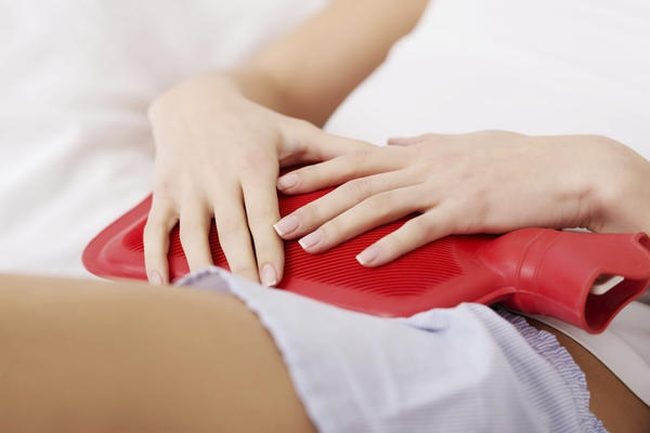
In addition, a genetic predisposition to this phenomenon may be the cause of a high pulse with low pressure. In this case, the probability of a crisis increases several times.
High pressure with low pulse in the elderly
Older people are a separate category of population in terms of medical indicators. A high pulse with low pressure for them can also be both a physiological phenomenon and pathological.
Physiological causes of low pressure with a high pulse in old age
The physiological reasons for the accelerated pulse at low pressure include:
- chronic hypotension. For the elderly, this disease, which has grown into chronic character, is considered physiological. This condition manifests itself in childhood and accompanies a person all his life. As a rule, already at middle age, a person gets used to the features of his blood circulation and adjusts life under him;
- ortostatic hypotension. Orthostatic hypotension is characteristic of the elderly. This condition occurs with a sharp change in position from horizontal to vertical. At the same time, a low pulse with high pressure is a short -term phenomenon and passes by itself;
- taking drugs with hypotensive effects. Almost 80% of the elderly suffers from high pressure. At the same time, taking drugs with a hypotensive effect is simply necessary. A long intake of such drugs can make itself felt with a high pulse with low pressure;
- blood loss due to surgery. Surgical intervention does not do without blood loss. In old age, this affects not only a long -term recovery process, but also a frequent pressure reduction. At the same time, an increased pulse is not rarely observed;
- bed rest in severe diseases. Bed rest reduces the body's work to a calm regime. In this case, any shock can cause tachycardia and a decrease in blood pressure.
Pathological causes of a high pulse at low pressure in the elderly
In addition to the above pathological causes of low pressure with a high pulse in the elderly, a number of diseases associated with this symptoms can also be observed. Among them:
- anemia;
- a decrease in the volume of circulated blood due to internal bleeding;
- neurocirculatory hypotension or VSD in a hypotonic type;
- lesion of the endocrine system;
- defeat of internal organs.
Rapid pulse at low pressure in adolescents
Another physiological phenomenon is a high pulse at low pressure in adolescence. Puberty often “responds” with this phenomenon. The thing is that the heart works stronger in a period of rapid growth, so malfunctions in the work of the nervous and cardiovascular systems are possible. In addition, in this period, hormonal malfunctions make themselves felt. The release of a hormone into the body can provoke tachycardia. At the same time, a low pulse is not rarely observed, because the body simply does not have time to rebuild and adapt to new conditions.

Of course, not always low pressure with a high pulse of adolescents physiologically determined. Sometimes this is a sign of pathology. In any case, for reinsurance, you need to undergo an examination by a doctor, especially if there is rapid fatigue, drowsiness and distraction.
With the physiological aspect, the problems will help:
- correct daily routine;
- sports;
- healthy sleep and rest;
- walks in the fresh air.
High pulse at low pressure during pregnancy
An accelerated pulse at low pressure during pregnancy causes a woman a lot of troubles with general well -being. This condition is characterized by shortness of breath, heat in the chest, dizziness, malaise, nausea, etc. If such a condition is not often noted and passes quickly without medical manipulations, you should not worry. However, if you note the aggravation of symptoms, then this is a direct occasion to see a doctor. As a rule, this condition can affect the work of the cardiovascular and nervous systems.
Low pressure with a high pulse: what to do
If you notice a problem such as low pressure with a high pulse, then, first of all, you need to undergo diagnostics in order to identify the probable causes of the condition.
Arterial hypotension is diagnosed with systematic measurements with a tonometer. The indicators must be measured and entered into the table within seven days at different times of the day. If a home examination indicates a problem, then you should contact a cardiologist or therapist.
The overall picture of the incidence can show additional examinations. Among them:
- general blood test;
- detailed blood test for biochemistry;
- echocardiography;
- electrocardiography;
- radiography.
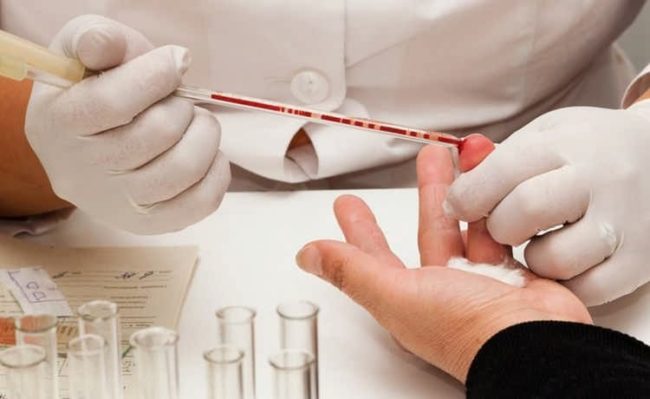
Treatment depends on the diagnosis.
Low pressure and high pulse: what to drink at home
The rapid heartbeat with a low pulse responds with very unpleasant well -being. At the same time, a person is as “paralyzed” by headache, nausea, and malaise. In the presence of all symptoms, I want to burst into the blanket and lie motionless in the dark and silence. This step can be considered correct, especially if it is reinforced with additional manipulations. If tachycardia at low pressure is caused by physiological changes, a number of simple measures will help.
Focusing on well -being, eliminate the symptoms with the following actions:
- Take a hot shower. A stream of hot water will “disperse” blood through the body. Thus, blood circulation will improve. However, do not overdo it with the temperature of the water so as not to aggravate tachycardia.
- Lie in a horizontal position, calm down, free your body from close clothes.
- Improte the room. Cool air will make breathing easier, which will help saturate the cells with oxygen.
- Attach a warm compress on the forehead. An ordinary tissue napkin moistened in warm water is suitable.
If you are wondering what to drink in such a situation. Then from drugs at low pressure and a high pulse, you can take light decoctions based on medicinal plants:
- motherwort;
- eleutherococcus;
- valerian root;
- peony;
- hawthorn;
- lily of the valley;
- chamomile and others.
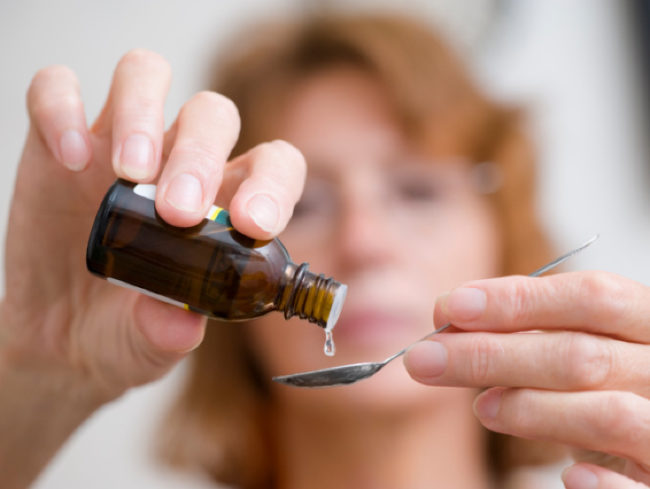
Linden, chamomile or fenhele tea can also help. Such a drink will eliminate nausea and calm vomiting.
Remember, you can easily alleviate the condition only with a slight manifestation of tachycardia. In this case, the symptoms should not exceed the tolerable pain threshold. Otherwise, see a doctor. Only he will be able to assess the condition and advise the right drug.
It is worth noting that it is not appropriate to rely on the indicators: it does not matter the low upper pressure and high pulse or low lower pressure and high pulse, if well -being is close to the fainting state. Remember, only a doctor can decide what to do in your particular case.
Low pressure and high pulse: treatment
After the diagnosis of the disease, drug treatment begins. Depending on the reason, it may differ.
- If the condition is caused by dehydration, it is necessary to make up for the fluid balance in the body by drinking water with electrolytes.
- With blood loss, it is urgent to stop the loss of blood and make up for its volume by transfusion.
- If hypotension with tachycardia is caused by intoxication, a number of detoxification measures and the introduction of antidote are carried out. Sometimes such patients need to do hemodialysis (purification of blood from toxins using an artificial kidney).
- If the problem is caused by anemia, it is necessary to restore the level of hemoglobin and red blood cells in the blood.
As you can see, treatment is completely dependent on the root cause. Therefore, the doctor should prescribe it.
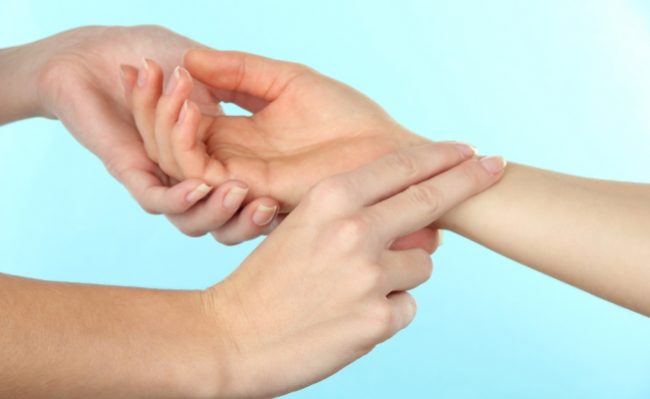
Drugs at low pressure and high pulse
After a comprehensive examination, the doctor draws up a patient treatment plan. Therapy and elimination of the symptoms of tachycardia at low pressure boils down to taking drugs that slow down the heart rhythm without lowering blood pressure.
Drug therapy may consist in taking the following medicinal groups:
- sedatives. It is recommended to take sedatives based on natural components: Persus, motherwort, hawthorn, valerian;
- antiarrhythmic drugs. This medicinal group is aimed at normalizing the heart rhythm. In this case, you need to select a drug that does not reduce pressure. For example, Allapinin, adenosine, verapamil;
- beta blockers. This medicinal group throws strength at hormones that cause stress, lowering their activity and reducing the heart rate. Coronal, Binelol, Concor help.
- cardiac glycosides. These drugs increase the tone of heart muscles and vascular walls. Adoniside, calendid, cardiovalen help well.
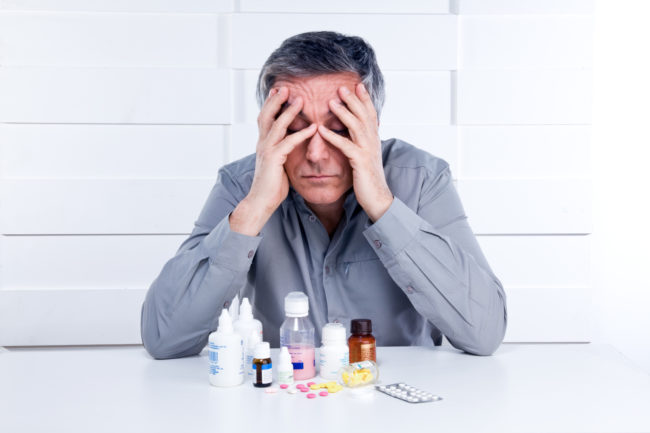
In addition, the consumption of decoctions from medicinal herbs and special baths can be prescribed.
Remember, self -medication is very dangerous for health, so always consult a doctor before taking drugs.


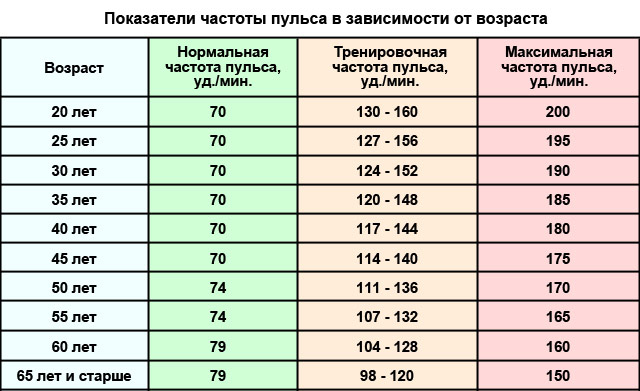







Comments
a couple of years ago, there was no side of metrogils from the same problem, there were no side effects ...
I’m not a fan of peeling at all, it saves from acne of metrogil, it also smoothes it ...
Great article! ...
I take the second course of the Capsules Climafite 911. The tides went very quickly. It became calmer, irritability went away and I sleep well ...
i also noticed - it is worth nervous, everything immediately affects the face. Therefore, I try to avoid conflicts and unpleasant people. Of the creams, I like Miaflow from wrinkles - smoothes not only small wrinkles ...